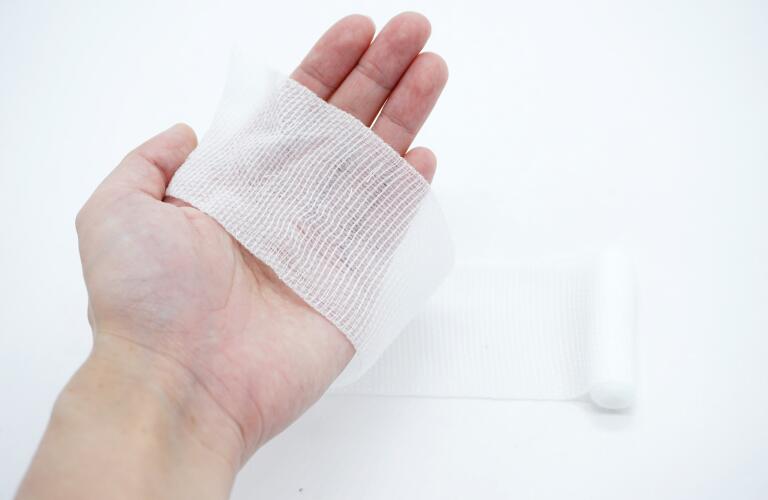
Hidradenitis suppurative (HS), also called acne inversa, is a skin conditionthat causes painful symptoms,often leading to wound formation. This rare disease is a life-long condition that usually develops after puberty. Unfortunately, wounds caused by HS can have negative impacts on your life. But taking care of your lesions helps keep your skin as healthy as possible and prevents further damage to your skin. Together with your doctor, you can develop a plan for dealing with your condition and any wounds you may have.
Wounds Are Common with Hidradenitis Suppurativa
HS occurs at or around your hair follicles, particularly in your armpits or groin area or where skin rubs together, such as your inner thighs. It’s possible for this condition to affect more than one area of your body at a time. And many people with HS experience frequent breakouts.
HS often resembles other skin conditions, like acne, blackheads, boils, or folliculitis. But unlike these other conditions, HS usually gets worse over time. As the condition worsens, acne-like bumps can grow deep into your skin, becoming inflamed and painful. Eventually, tunnel-like tracks may form under your skin. And as HS heals, your skin may form scars that may make movement difficult.
If you experience frequent breakouts that look like boils or pimples, it’s important to see your doctor to determine whether you have HS. The key to preventing HS complications, like infection, is early diagnosis and treatment, along with effective wound care.
Taking Care of Wounds
Proper wound care involves paying regular attention to your wounds and any dressings you apply. Before treating HS wounds on your own, ask your doctor about their recommendations for managing them. Depending on your unique circumstances, your doctor may suggest specific tips tailored to you.
First, it’s important to keep your wound as clean as possible by washing it daily. Washing your wound gently with mild soap and water helps prevent infection and promotes healing. Because hidradenitis suppurativa causes painful, acne-like bumps, you should wash your skin with your hands, avoiding loofahs, washcloths, or other items that could aggravate your skin.
If your doctor suggests it, you can use products like petroleum jelly to help keep the skin around the affected area moist. This helps prevent scabs from forming, which cause wounds to take longer healing. After applying petroleum jelly or another skin moistening product to your skin, apply a clean bandage over your wound to protect it. If you have stitches as a result of surgical treatments, your doctor will tell you how best to care for your lesion.
Nutrition Helps Too
An important aspect of wound healing involves nutrition. Your body uses a variety of nutrients to promote healing, and the better your diet is, the faster your wound may heal. Some essential nutrients involved include:
Protein—proteins are essential for wound healing. They come from a variety of sources, including meat, eggs, and dairy products like cheese.
Fats—your body makes new cell membranes using fats. Healthy fats come from foods like yogurt and cheese.
Carbohydrates—carbs give your body the energy it needs to heal. Stick to healthy carbohydrates, like whole grain oats, instead of processed carbs.
Vitamin A and C—these antioxidants help control inflammation and help your body create new blood vessels and collagen. You can find these vitamins in foods like vegetables, eggs, red fruits, citrus fruits, and fish.
Zinc—your body uses zinc to make new tissues. For most people, zinc is ingested in meat.
Water—drinking plenty of water helps your circulation while flushing toxins out of your body.
HS can be difficult to live with, but you can help your skin heal by taking good care of any wounds you may have. Proper wound care helps your skin heal as quickly as possible while helping to prevent complications, like infection, from occurring. If you have questions or concerns about your particular wounds, your doctor can help you develop a wound care plan that addresses your unique needs.




